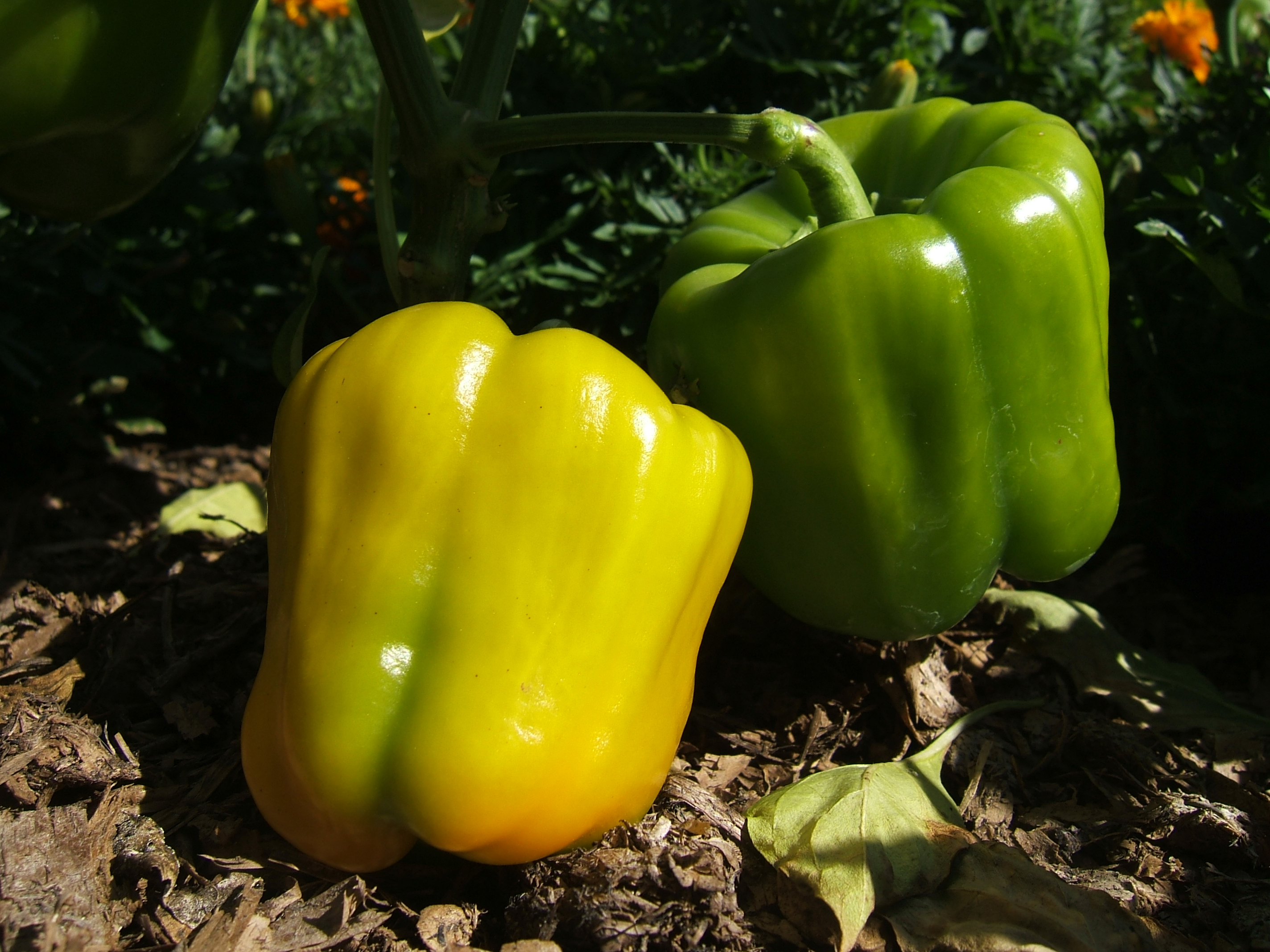Best Fertilizers for Peppers: Accomplish Superior Results in Your Yard
Best Fertilizers for Peppers: Accomplish Superior Results in Your Yard
Blog Article
Organic Vs. Synthetic Fertilizers: Which Is Best for Supporting Healthy Pepper Plants?
In the realm of supporting healthy and balanced pepper plants, the choice in between organic and artificial plant foods stands as a critical choice with far-ranging effects. While both alternatives objective to give necessary nutrients to sustain plant development, the subtleties of their effect on the soil, plant health and wellness, and the setting stimulate an argument that mirrors throughout the horticulture area. Comprehending the distinct benefits and potential pitfalls of each plant food kind is critical for pepper growers looking for to maximize their yields while maintaining an eco-conscious and sustainable technique.
Advantages of Organic Fertilizers
Organic plant foods use an environmentally-friendly and lasting strategy to beneficial pepper plants, supplying essential nutrients without making use of synthetic chemicals. These all-natural plant foods are stemmed from organic resources such as garden compost, manure, bone meal, and seaweed, advertising dirt health and biodiversity. Unlike artificial fertilizers, natural options launch nutrients slowly, making sure a consistent and well balanced supply for pepper plants to prosper.
One substantial advantage of natural plant foods is their capacity to improve soil framework and water retention. By boosting dirt health and wellness, natural fertilizers advertise helpful microbial activity, which assists in nutrient uptake by pepper plants. Additionally, natural plant foods decrease the threat of chemical run-off, safeguarding water sources from contamination and safeguarding the setting.
In addition, natural plant foods add to long-term soil fertility by promoting the development of advantageous soil microorganisms. These organisms assist break down organic matter, releasing nutrients in a type that is quickly accessible to pepper plants. best fertilizers for peppers. By promoting a healthy dirt community, organic fertilizers support lasting pepper cultivation methods that benefit both plants and the atmosphere
Drawbacks of Artificial Fertilizers
Artificial fertilizers, in contrast to their natural equivalents, posture various disadvantages when made use of to nourish pepper plants, influencing both plant health and environmental sustainability. One significant disadvantage of synthetic plant foods is their tendency to leach nutrients from the dirt quickly.
Additionally, the overuse of synthetic plant foods can add to water contamination. Excess plant foods not absorbed by plants can remove into water bodies, bring about eutrophication, where algae flowers deplete oxygen degrees in the water, damaging water life. Moreover, synthetic plant foods are normally stemmed from non-renewable sources, such as nonrenewable fuel sources, contributing to carbon emissions and environmental destruction throughout their production.
Nutrient Absorption Comparison
Efficient nutrient absorption plays an important function in the total health and development of pepper plants. When comparing artificial and organic fertilizers in regards to nutrient absorption, natural plant foods have the benefit of giving an extra well balanced and slow-release resource of nutrients (best fertilizers for peppers). Organic plant foods include a range of macro and trace elements that are not just valuable for the plants but additionally advertise healthy and balanced dirt microbial activity, which assists in nutrient uptake. On the other hand, synthetic fertilizers typically give a quick release of nutrients, which can result in leaching and runoff, resulting in lower nutrient absorption rates by the plants.
Additionally, natural fertilizers boost dirt framework and water retention ability, permitting pepper plants to access nutrients extra effectively. This better dirt quality promotes origin growth, enabling much better nutrient absorption. Synthetic plant foods, although originally improving plant development due to their high nutrient focus, may impede long-term nutrient absorption by derogatory dirt wellness gradually.
Environmental Effect Considerations

On the other hand, synthetic plant foods, although frequently more instantly readily available and focused to plants, can have destructive results on the atmosphere otherwise used appropriately (best fertilizers for peppers). Their production calls for high energy inputs, leading to greenhouse gas exhausts and contributing to climate adjustment. The drainage of excess artificial plant foods can contaminate water resources, leading to eutrophication and harming marine communities.
Best Plant Food Practices for Peppers
When feeding pepper plants, optimizing nutrient uptake and reducing environmental impact are essential considerations. To attain this, it is essential to adhere to finest fertilizer practices customized to the certain demands of pepper plants. One critical technique is to do a soil examination prior to using any fertilizers. This test can identify the pH level of the dirt and recognize any kind of nutrient shortages, guiding you in selecting the most appropriate plant food formula.
Another essential practice is to fertilize pepper plants at the best time. Usually, peppers profit from getting fertilizer at planting and afterwards once again when they start to flower. Over-fertilizing can lead to nutrient inequalities and damage the plants, so it is essential to adhere to advised application rates.
Additionally, picking a balanced plant food with an NPK ratio that suits pepper plants' requirements is basic. Eventually, combining natural and synthetic fertilizers judiciously can assist nurture healthy and balanced pepper plants while reducing ecological impact.
Verdict

Organic fertilizers use an environmentally-friendly and lasting approach to nourishing pepper plants, providing important nutrients without the usage of artificial chemicals. Unlike synthetic fertilizers, organic choices Read Full Report release nutrients slowly, making certain a stable and balanced supply for pepper plants to prosper.
Synthetic plant foods, in contrast to their organic equivalents, position various disadvantages when utilized to nurture pepper plants, affecting both plant health and wellness and ecological sustainability. When comparing synthetic and natural plant foods in terms of nutrient absorption, natural fertilizers have the advantage of offering an extra well balanced and slow-release source of nutrients.In addition, organic fertilizers boost dirt structure and water retention capacity, allowing pepper plants to gain access to nutrients extra effectively.
Report this page